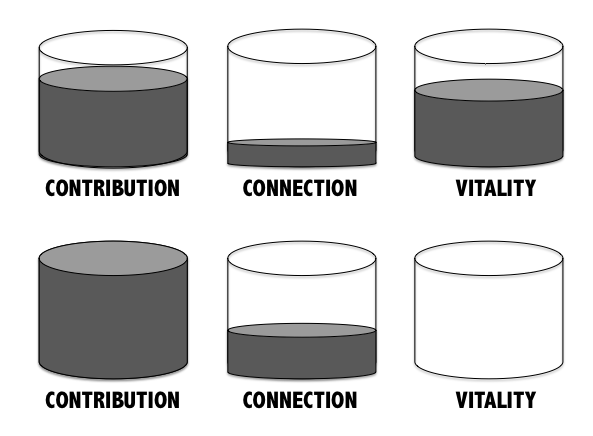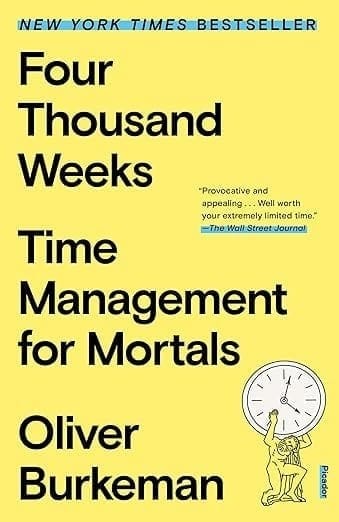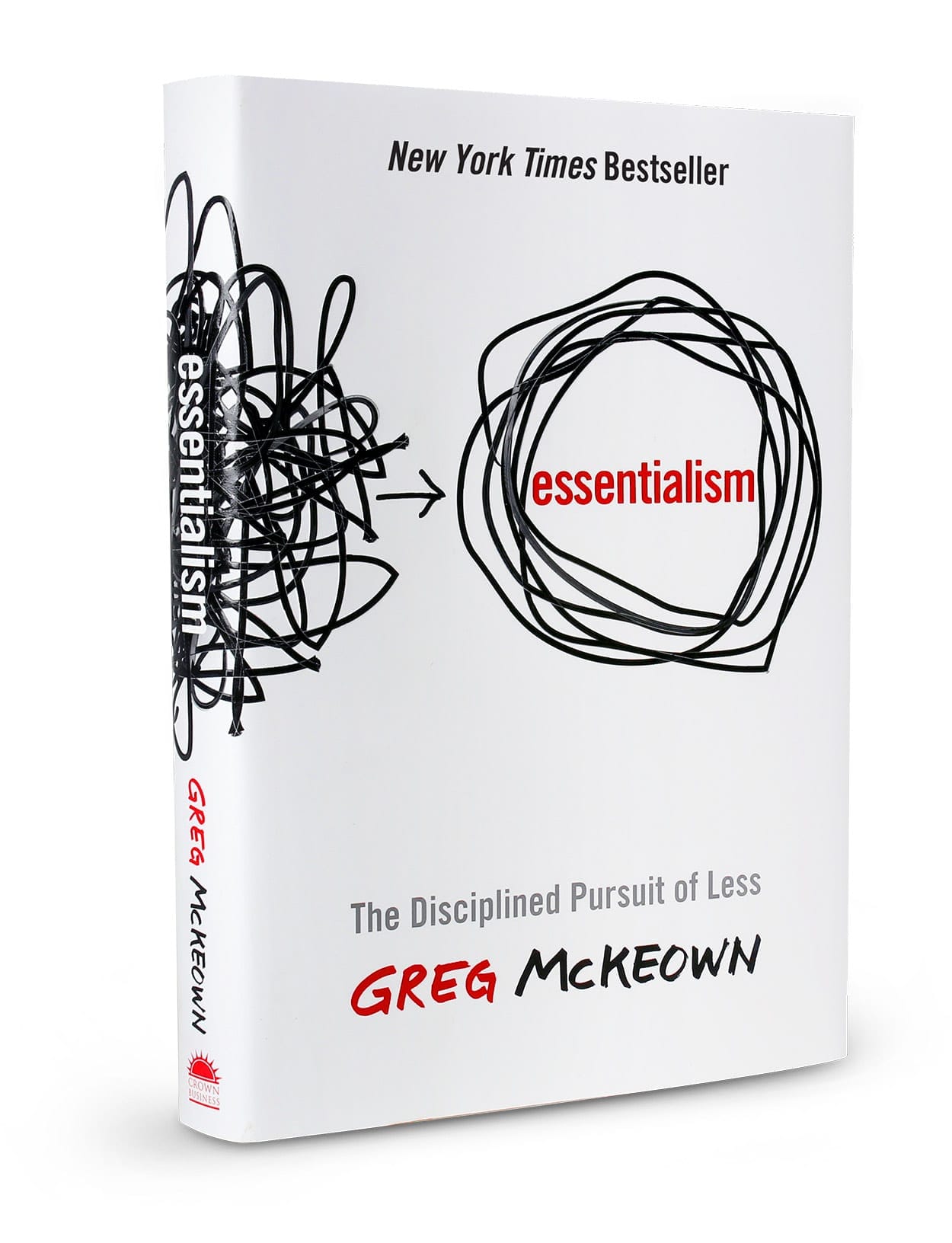Virtue IV - Temperance

Temperance is the art of balance and moderation. It's about doing the right amount of things—not overdoing them, not underdoing them, and for some things, not doing them at all. The most well-known story in our culture related to temperance is Goldilocks and the Three Bears. In all facets of life, you don't want your porridge to be too hot or too cold; strive to make it just right.
Temperance moderates all of our decisions
From the micro...
- If you eat too much, you become overweight. If you eat too little, you become underweight.
- If you exercise too much, you develop injuries. If you don't exercise enough, your health stagnates.
- If you have all heart and no spine, people will walk over you. If you have all spine and no heart, you won't be able to connect with others.
- Overspending can lead to debt and financial instability. Extreme frugality can deprive you of necessary experiences and investments in well-being.
"The way of the superior man is balancing heart and spine" - David Deida
"A man can show both strength and flexibility" - Marcus Aurelius
To the macro: how you apply yourself to life as a whole
Life can be divided into three primary domains:
1) Vitality
How you take care of, and relate to, yourself. This involves maintaining the pillars of health.
Physical: I.e. Diet, exercise, sleep, stress management.
Mental & Spiritual: I.e. Journaling, meditation, virtues, self-esteem, religion.
2) Connection
Your personal relationships with friends, family, and significant others.
3) Contribution
Your contribution to the world at large. Interchangeable with your "purpose", "life's task", "vocation", "career", etc. This is what most call "work," and is usually your means of making a living. You are compensated in proportion to the perceived value you provide to society.
The art of temperance at the broadest scale involves balancing the amount of time and energy you put into each category.
The person in the first row is putting plenty of energy into their purpose (contribution) and health (vitality), but they don't have much left in the tank for nurturing their relationships.

The person in the second row is maxed out on what they can put into work and uses every ounce of energy they have left to foster their relationships. Consequently, they have no time to take care of themselves, so their health suffers dramatically, which is not sustainable long-term; burnout is inevitable.
If you over-contribute to any one domain, the others will suffer. In a perfect world, all three buckets would be equally filled, but there are bound to be times of imbalance. We can use the virtue of temperance to periodically evaluate how well our lives are balanced.
Temperance regulates other virtues
Temperance & Courage
- Excess courage is recklessness.
- Lack of courage is cowardice.
Temperance & Discipline
- Stringent discipline leads to inflexibility.
- Transient discipline leads to drifting.
- Discipline is required to exercise temperance. You can't moderate yourself without discipline.
Countless lives have been ruined due to undisciplined temperance
- Former president Bill Clinton's sexual intemperance tainted his reputation.
- Prince, the iconic musician, died from an overdose of fentanyl.
- Tiger Woods' legendary golfing career will always be overshadowed by his extramarital scandal.
- Michael Jackson's musical prowess was trumped by allegations of child molestation, and his dependency on prescription drugs cost him his life.
- What will OJ Simpson be remembered for? Certainly not his athletic feats on the gridiron.
I'm not here to slander or judge others; nobody's perfect, and I'm far from it myself. I'm simply pointing out that all of these people were extremely talented and highly acclaimed, but all it takes is one bad decision to unwrite thousands of good ones. For this reason, the importance of the ability to moderate oneself cannot be overstated. Nothing—not riches, fame, nor success—should be valued over a sound character.
"It can ruin your life only if it ruins your character. Otherwise it cannot harm you" - Marcus Aurelius
Temperance & Wisdom
- Trying to learn too much at once can lead to information overload and stress.
- Neglecting learning can result in missed opportunities for growth.
- Wisdom is required to inform temperance; knowing what is too much and not enough of something.
Temperance gives you freedom
Each of us has 24 hours in a day. How we decide to spend those hours determines our outcomes in life. Given that there are infinite potential uses of our time, the decision to spend time doing one thing is a decision not to spend that time on any of the other possibilities.
Temperance allows us to consciously choose how we spend our time, rather than mindlessly wasting it or making commitments without realizing that doing so sacrifices all its other potential uses. Temperance makes us the architects of our lives, giving us the freedom to live on our own terms. I'm hard pressed to think of anything more liberating than that...
Recommended Reading

